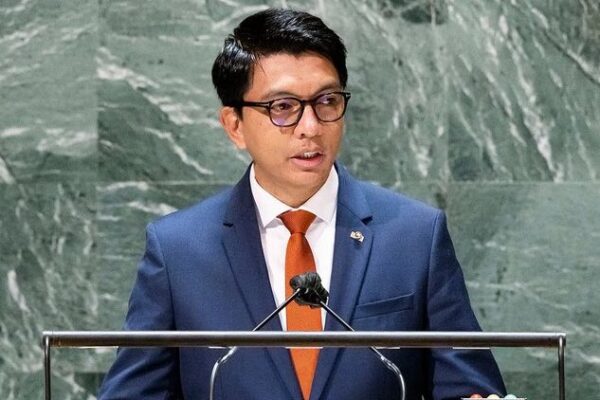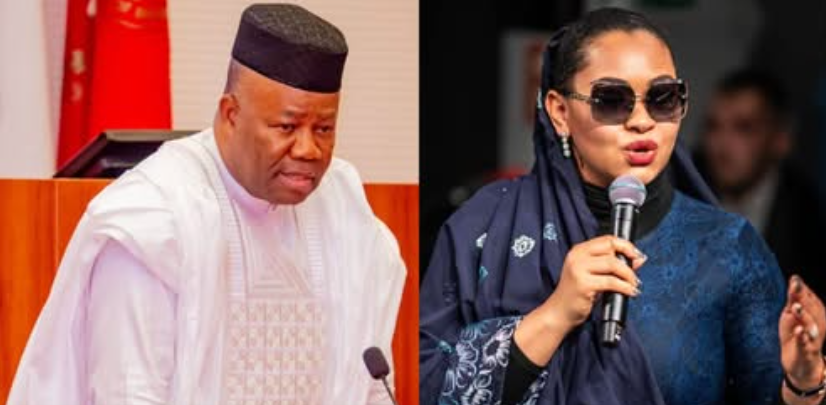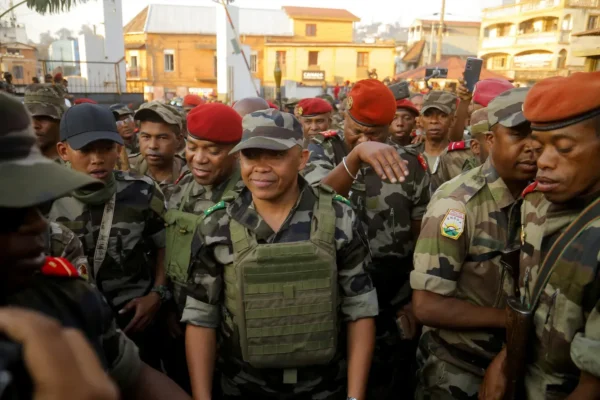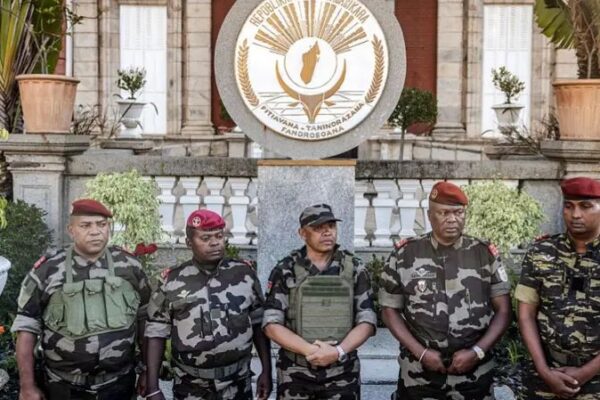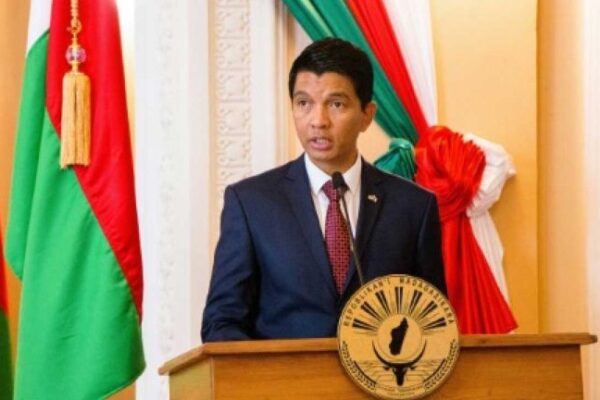Madagascar has slipped into military control after an elite army unit seized power on Wednesday, just hours after parliament voted to impeach President Andry Rajoelina. The sudden power shift has drawn widespread international condemnation and thrown the island nation into its deepest political crisis in years. The takeover was led by the CAPSAT military contingent, commanded by Colonel Michael Randrianirina, who was swiftly confirmed as interim president by the constitutional court. In a televised address, Randrianirina vowed to restore stability and hold elections within two years, insisting the intervention was necessary to prevent national collapse. “It wasn’t a coup, it was taking responsibility because the country was on the brink of collapse,” he declared. The colonel, once jailed for allegedly plotting a coup against Rajoelina in 2023, announced that the transition government would include a new prime minister and a committee of officers from the army, gendarmerie, and police. Rajoelina’s impeachment followed weeks of protests in the capital, Antananarivo, led by the youth-driven “Gen Z” movement. What began as demonstrations over water and power shortages evolved into a nationwide uprising against corruption and poor governance. The president’s whereabouts remain unknown, though reports suggest he may have fled Madagascar with the help of France, the country’s former colonial ruler. Madagascar now joins a growing list of African nations — including Mali, Burkina Faso, Niger, Guinea, and Gabon — that have fallen under military rule since 2020. The international community reacted swiftly to the developments. The African Union suspended Madagascar with immediate effect, while the United Nations said it was “deeply concerned” by what it called an unconstitutional transfer of power. France urged the new leadership to uphold democracy and the rule of law, while Germany and Russia called for calm and restraint. The Southern African Development Community (SADC), where Rajoelina previously held the rotating presidency, also expressed concern over the crisis and urged dialogue. Despite the turmoil, Antananarivo remained relatively calm on Wednesday. Thousands of residents gathered at the historic Place du 13 Mai square — the epicenter of recent protests — where a celebratory concert was held in apparent support of the military’s intervention. Members of the Gen Z movement welcomed the takeover, calling it a “people’s victory.” Randrianirina responded by saying the military was “ready to talk to the youth and answer their call.” But Rajoelina’s camp has denounced the military’s action as an “attempted coup,” claiming the court ruling that confirmed Randrianirina’s leadership was illegal. “This decision is unconstitutional and destabilizing,” a statement from the presidency read. Rajoelina, who first came to power in a 2009 military-backed coup before winning reelection in 2023 amid controversy, had recently insisted he was still in control of the country. In a recorded message released earlier this week, he said he was in a “safe place to protect my life” and accused his opponents of plotting against him. As Madagascar braces for another uncertain political transition, many citizens are cautiously optimistic but wary of history repeating itself — a cycle of coups, protests, and fragile promises of reform.
